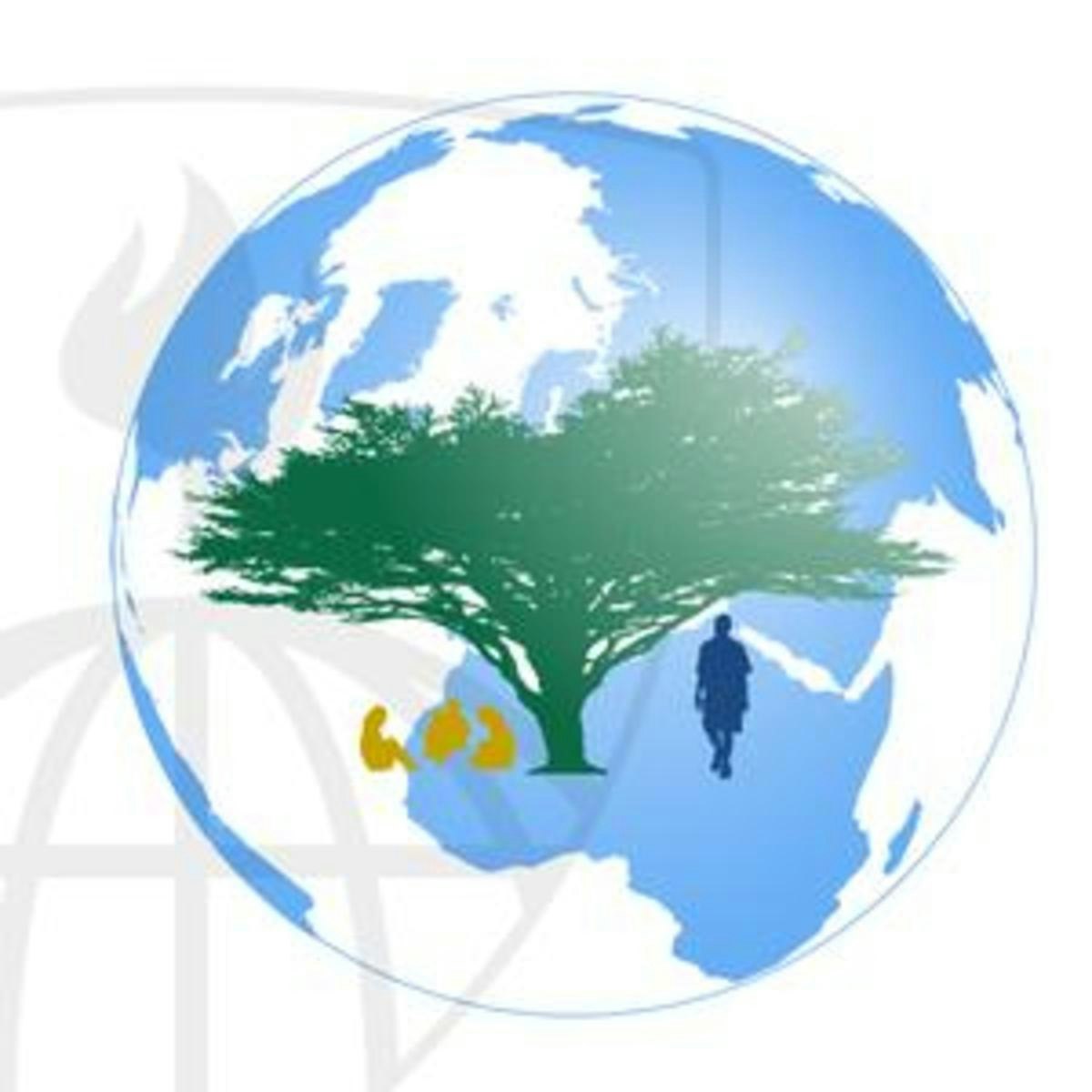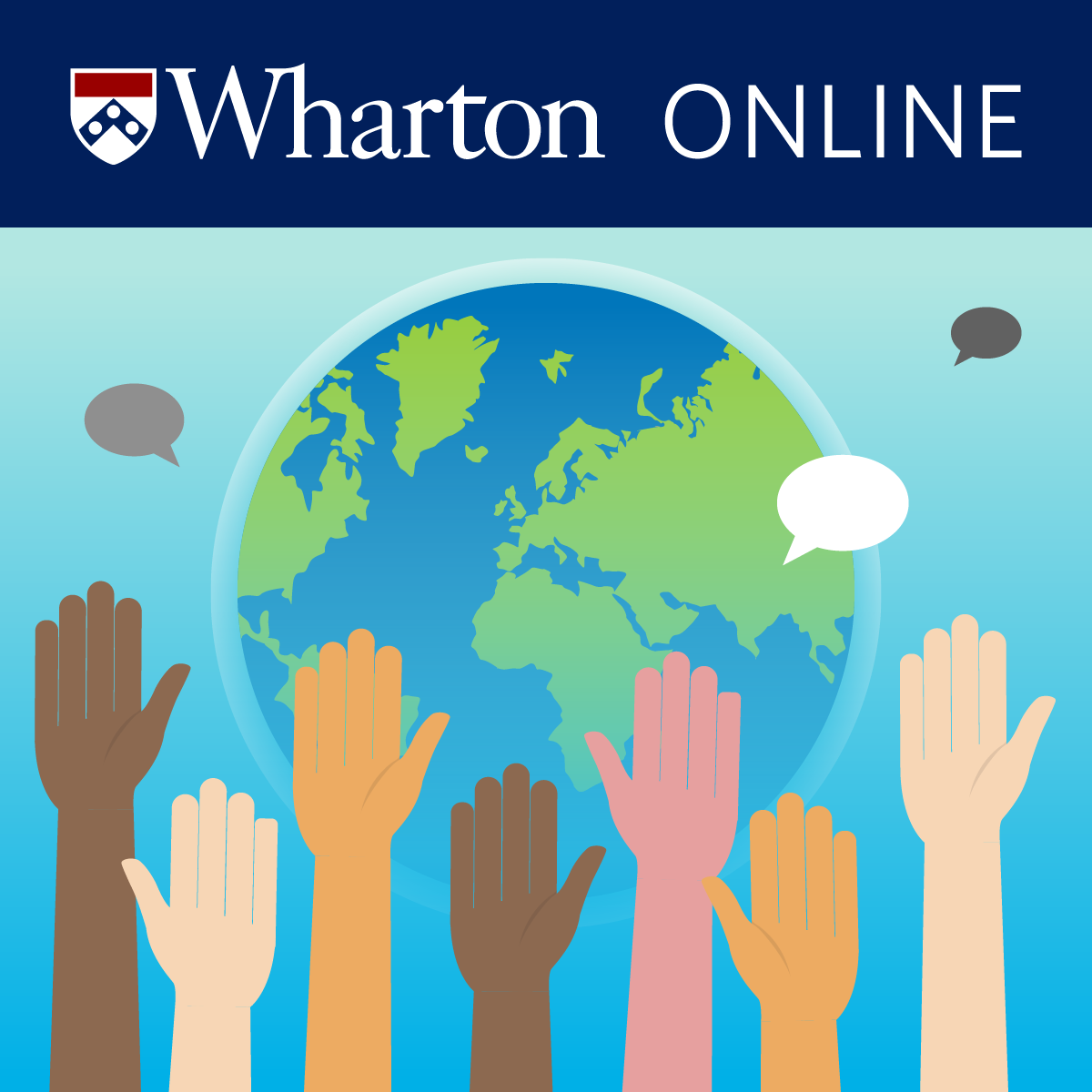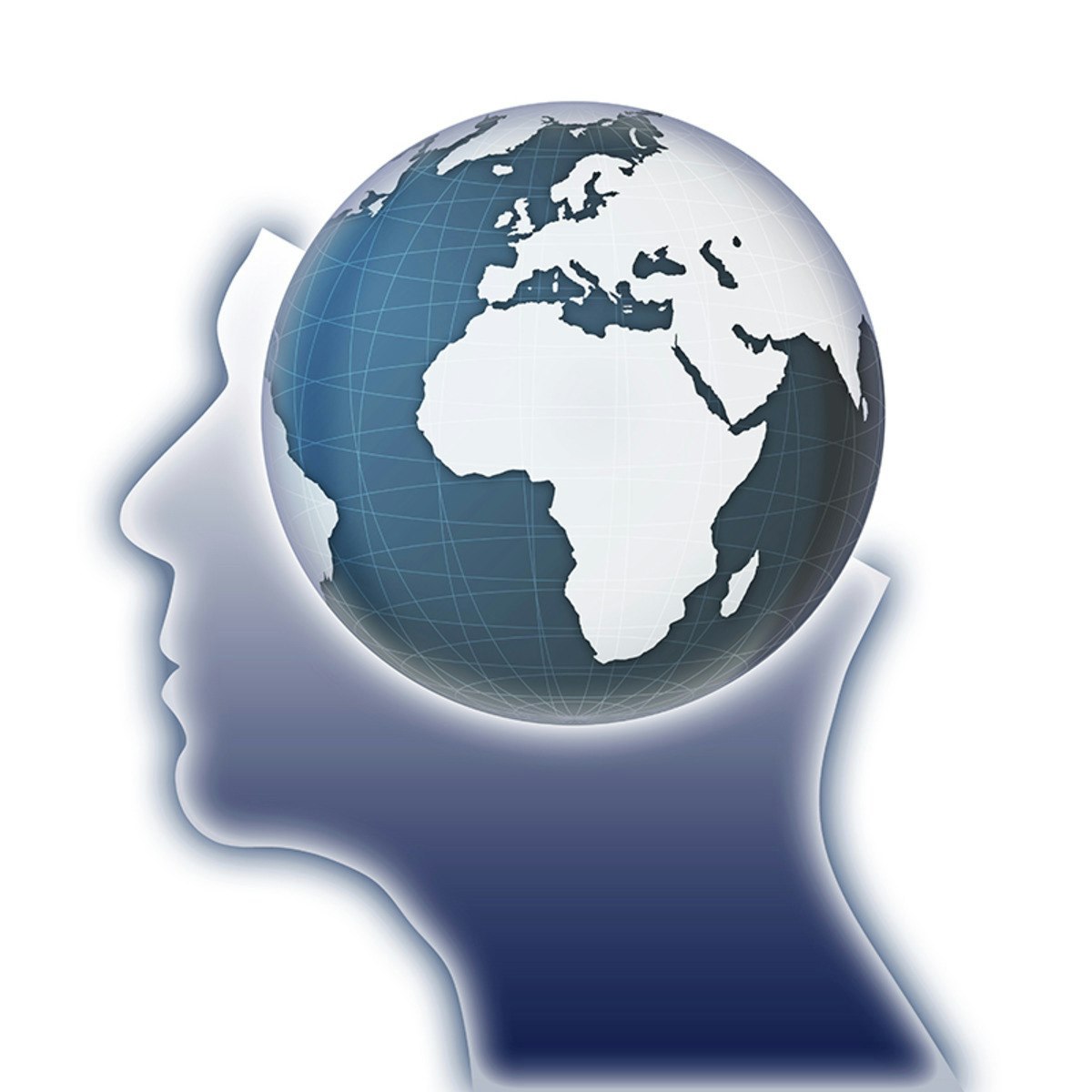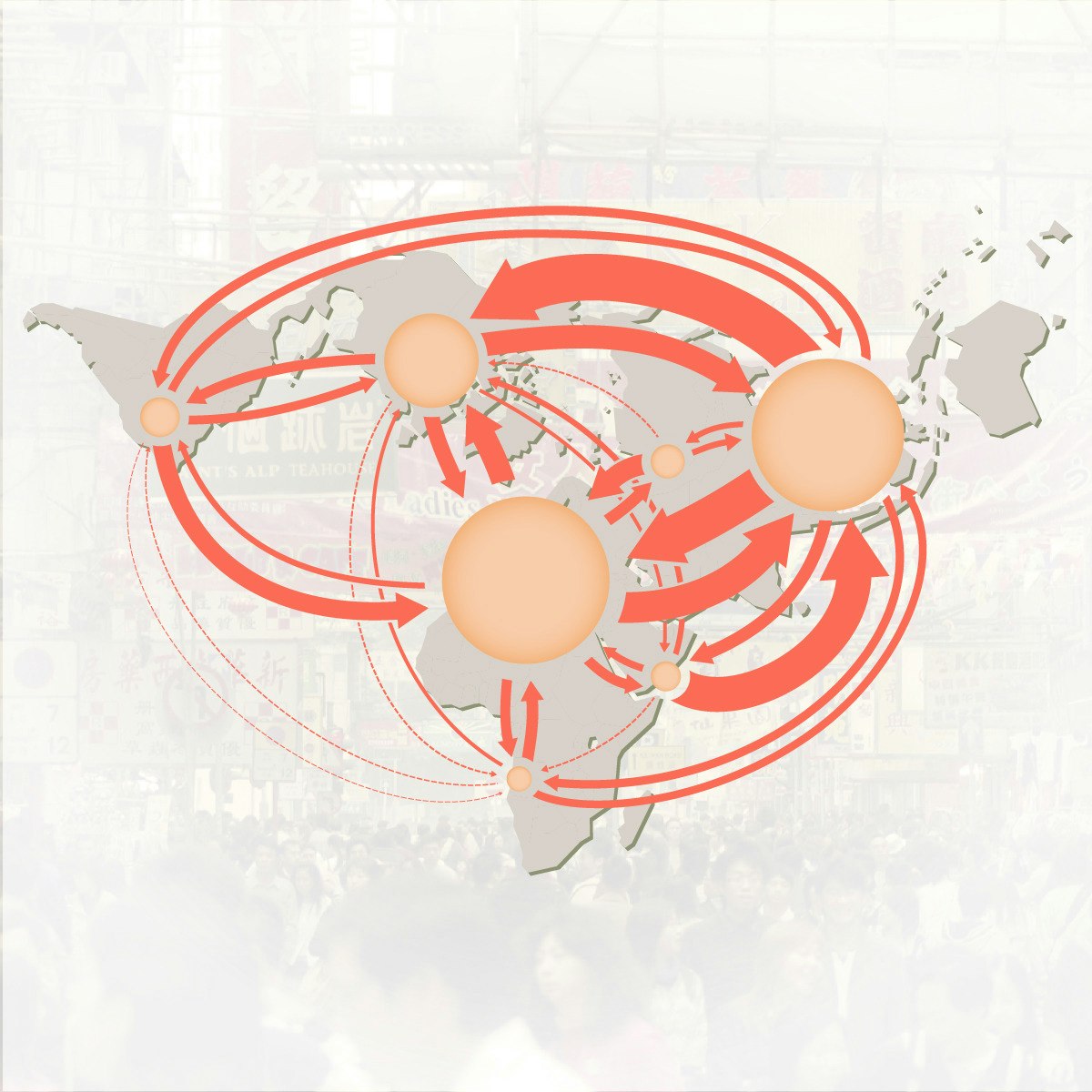Back to Courses









Governance And Society Courses - Page 7
Showing results 61-70 of 270

How Technology is Shaping Democracy and the 2020 Election
Democracy can only thrive with the participation of well-informed citizens. The 2020 U.S. presidential election will be historic for many reasons and all parties are leveraging the power of technology to both influence and mobilize voters. More than ever, digital tools and platforms are shaping the opinions and behaviors of voters who will determine the future of the governance of the United States.
This new course examines the unprecedented influence of technology and technology policy on America’s elections and democratic process and takes a close look at how a public sphere plagued by polarization, online filter bubbles, a lack of transparency in content moderation policies, and foreign and domestic misinformation and disinformation campaigns, impacts our ability to be well-informed citizens.
In this short-form, community awareness course, you will:
– Learn how U.S. elections work and about the challenges of implementing new technology
– Explore the dynamics of driving voter registration and casting a vote during a pandemic
– Examine the role social media platforms play in our ability to maintain a healthy public discourse
– See how these digital tools and filters help shape our beliefs, preferences, and convictions as citizens and how they can grow and diminish the agency of individuals, movements, governments, and foreign entities
– Understand complex technology policy questions that affect content moderation
Be more than a voter. Register now and become an advocate for a healthier democracy.

Understanding and Strengthening Health Systems
Welcome to our course on Understanding and Strengthening Health Systems for Global Health. During the course we will provide you with an overview of the main elements or building blocks of a health system based on the World Health Organization’s guidance. You will have the opportunity to explore four main areas of health systems in global health with particular reference to low and middle income countries. The first area focuses on understanding health service organizations, the challenges. Our second module looks at WHO’s six major building blocks or health systems components with particular reference to primary health care and the need for community participation in planning, delivery and assessment of these systems components. in our third module we examine the specific systems component of human resource development and capacity building. The fourth area consists of health policy making and advocacy with stakeholders. This course is geared toward learners who are already involved in managing health and development programs on the ground in low and middle income countries or who are preparing for such a management role. The main lectures will span a four-week period with approximately 2-4 hours of viewing learning materials per week. We have one peer graded essay wherein you will use skills in ‘organizational’ diagnosis to better understand a challenge in an organization where you are or have worked. There are also quizzes. We hope you will engage with your fellow learners in discussion forums to learn from each other.

The Changing Arctic: Present, Past, & Future
This course takes a detailed look at the remarkable changes unfolding in the Arctic environment, including the shrinking Arctic sea ice cover, shrinking land ice, thawing permafrost and cascading impacts on Arctic ecosystems. After a review of Arctic climates of the past, attention turns to the possible future of the Arctic’s climate and environment.

ESG and Social Activism
In this course, you will get an overview of the impact of contemporary ESG ratings and how a company balances ESG issues against its financial performance. You will evaluate the effectiveness of corporate authenticity and the impacts of politics when building corporate ESG policy. You will also learn about social activism’s ability to disrupt markets, and the roles that stakeholders play when dealing with financial markets.
Next, you will learn about corporate Boards, and the importance of creating independent Directors that can maintain neutrality to protect the interests of both the business and shareholders. You will also learn how Board structure is managed, methods for selecting Board members, and the role that Boards play when crafting ESG policy.
Lastly, you will look at the necessity of creating a diverse and inclusive culture within an organization and will examine best practices for boards to create strong crisis and risk management policies.
By the end of this course, you will have a comprehensive understanding of how social activism affects the corporate world in the 21st century, how to build a Board of Directors that can incorporate ESG issues into risk management and governance strategies, and how encouraging diverse and inclusive culture benefits companies.

Animals and Institutions
This course explores animals within the context of the functional relationships that sociologists call “institutions.” We first examine the use of animals in laboratory science. We then examine the controversial transformation of animals into “livestock” and "meat." We also explore the perspectives of people committed to rejecting the construction and use of animals as food. Next, we focus on some of the roles of animals in human entertainment with particular attention to dog fighting and zoos. Finally, we investigate animal health and welfare through the lens of dilemmas in veterinary medicine and decisions in animal shelters.

Cross-border road transport in EU law context
Have you ever wondered which legal rules are applicable to cross-border EU road transport? Are you interested in the issues revolving around EU employment law in the international road transport sector? Then, on behalf of the University of Antwerp, Erasmus University Rotterdam, University of Gdańsk, University of Luxembourg and Tilburg University, we would like to welcome you to this MOOC on Cross-border Road Transport in EU law context. This MOOC is a part of the Erasmus + Project funded by the European Commission. In this MOOC, you will not only learn what the current legal framework is, but also, how it is applied in the road transport sector.
After participating in this MOOC, you will be able to:
1. Describe the basics of the process of European integration, in the light of the affirmation of the four fundamental freedoms
of the EU, European framework on private international law, the posting of workers, social security coordination and social dialogue.
2. Understand the interplay between Treaty provisions and secondary sources in the relevant fields.
3. Understand the frictions between the rationales underneath the legal provisions that govern EU social policy and labour law.
4. Analyse the most relevant case law of the European Court of Justice with an impact on the rights of international road transport workers.
5. Familiarise with official documents of the EU institutions and with academic and other relevant literature in this field.
6. Use, where relevant, the implementation of EU rules by Member States.
7. Solve cases dealing with the implementation of the applicable legal provisions.
We are offering you knowledge clips, memoranda that contain in-depth legal information on the different key topics, recommended readings and case law. Next to that after each module, you could test your acquired knowledge by taking a multiple choice test. In the end of this course, you will be able to apply everything you have learned in a practical manner by solving our sample guide case that resembles a real life scenario which challenges you to deal with everyday's problems faced in the cross-border road transport by practitioners in the field.
By participating in this MOOC, you will find answers to the following questions:
1. Which of the four fundamental freedoms is applicable?
2. Which court has jurisdiction over a labour dispute and which law governs the cross-border employment relation?
3. How to apply and enforce the rules stemming from the Posting of Workers Directive?
4. Which social security system is applicable and which social security institution is competent to levy the social security contributions?
5. What is the role of social partners in the cross-border road transport?
In the end it all makes SENSE! So let's go down this road together. Buckle up!

Intercultural Communication and Conflict Resolution
Intercultural Communication and Conflict Resolution is a growing area of importance considering the pace and volume of global transactions. The ease of global communication using technology, the abundance of cheaper transportation costs, and the frequency of businesses using cross-border talent is fostering millions of interactions a day between people of different cultures. Examine how the process of communication can be further complicated during interactions between people of different cultures. The topics of stereotypes, generalizations, communication styles, communication strategies, and communication orientations will be explored.
Upon completing this course, you will be able to:
1. Explain the dimensions of intercultural interactions that add to conflict
2. Analyze the dynamics of intercultural interactions
3. Plan strategies for success in intercultural interactions

Espace mondial, a French vision of Global studies
To explain how globalization rebuilt public policy and social behavior, we study the different political, economic, and social actors - public or private, individual or collective - and the exchanges and interactions between them that are remaking international relations. This course is inspired by a French sociological and historical approach to international relations.
This course is also available in french version: www.coursera.org/learn/espace-mondial-fr/
Course will be ending soon
Dear Learners
We are reaching out to let you know that Espace Mondial course will close for new learner enrollment on17th November 2022 . Since you have already enrolled, you will continue to see it on your Coursera Dashboard as long as you remain enrolled in the course.
If you are interested in earning a Course Certificate for this course, please upgrade or apply for Financial Aid by 15th November 2022, if you have not already done so. If you are a Coursera for Business learner, you can continue to use your sponsored credit. In order to earn a Course Certificate, you will need to complete all graded assignments, including peer reviews, by February 17th, 2023 . After that point, no new assignment submissions will be accepted for Certificate credit.
While we hope that you will be able to complete the course, you can find more information about requesting a refund (https://www.coursera.support/s/article/209819043-Request-a-refund) or unenrolling from a course (https://www.coursera.support/s/article/208279756-Unenroll-from-a-course) in our Learner Help Center.
Happy Learning

The Economics of Agro-Food Value Chains
Have a look at our trailer for a brief introduction to this course: https://youtu.be/GADAgxTHjgE
In this course, you learn how the agro-food value chain approaches the challenge of constantly improving its competitiveness by producing high quality food and products and also aiming to attain greater sustainability. Some of the topics of this course are:
• The notion of quality for food and agricultural products and consumer value.
• How to conduct market research in this field.
• Labelling, branding and pricing strategies, as-well as innovation in the agro-food sector.
• How sustainability can be used as a competitive advantage through corporate social responsibility.
• The role and different types of industrial standards.
• The different forms of coordination in the chain, in particular with regard to the retailing and distribution sector.
This course is taught by a group of international experts from Universities in Italy, Germany, Ireland, Scotland and the Netherlands. Each of them will give you insights into a specific topic related to food quality and the organization of the agro-food value chains.

Heritage under Threat
In this course you will learn to articulate your own concepts about (threatened) heritage and that of others. What is your heritage? Who defines heritage? Why is heritage under threat? How can we protect heritage?
WW1, WW2, Cold war politics and contemporary conflicts as well as continuing political and socio-economic inequalities and colonial pasts are all factors playing a role in the global heritage discussions and approaches to (or lack of ) valorization and protection of heritage. Hence, issues behind destruction or threats to heritage are related to complex issues, often connected to complex landscapes of wars, the war-on-terror, fundamentalism, migration, global warming, financial crises, inequality and diverse interests of local communities.
This course, sponsored by the LDE Centre for Global Heritage and Development and the Honours Academy of Leiden University, and the Netherlands Commission for UNESCO gave its support to one of the sections of the MOOC, will explore these issues. We wish to engage global communities and widen the perspective on threatened heritage. You can help us with this.
Popular Internships and Jobs by Categories
Find Jobs & Internships
Browse
© 2024 BoostGrad | All rights reserved